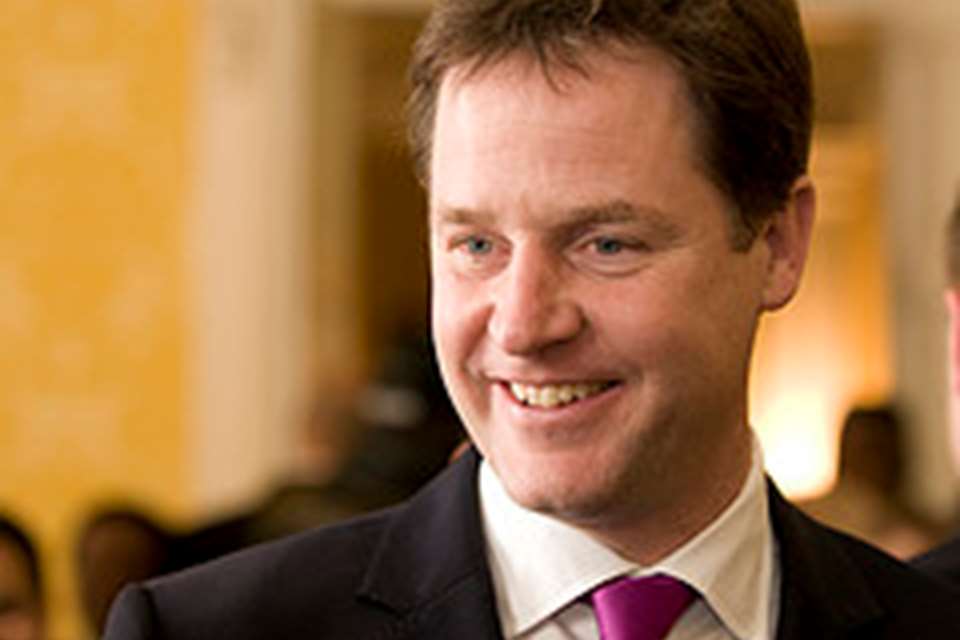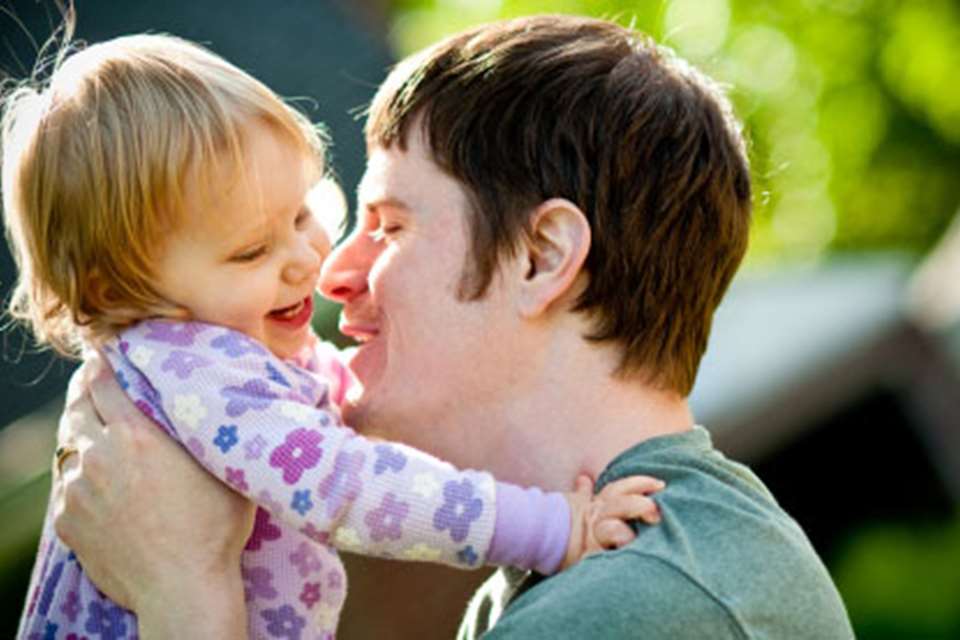Lack of support stops new fathers bonding with baby
Wednesday, May 20, 2015
A new study suggests first-time fathers are being held back from raising their children.

According to researchers from Oxford University, a lack of support from healthcare professionals, Government and society is preventing fathers from getting involved with their newborns.
New fathers are concerned that they won't be able to form a bond with their baby, and in some cases this is leading to symptoms of depression, reveals the research, which is based on the experiences of 15 first-time fathers, questioned two months before their child’s birth to six months after.
All the fathers reported being held back in a number of areas that meant they couldn’t be as involved with raising they child as they wanted.
One struggle experienced by the fathers was balancing being an involved father while working to support the family, particularly when the mother was on maternity leave.
For some, this led to concerns regarding their future career progression or the nature of the bond with their baby. For others, there was guilt as they tried to cope with the demands of working and parenthood.
Some of the fathers took additional paternity leave, but most found it was unaffordable to be out of work longer than the statutory two weeks. Many commented that Government policy paid only ‘lip service’ to the idea of dads being important.
The fathers in the study also revealed that they felt under-supported by health staff, saying that services were aimed at mothers.
For five of the fathers, this lack of support contributed to them developing signs of mild to moderate depression two weeks after their child’s birth. One father showed symptoms of moderately severe depression at six months. Their symptoms coincided with the times they reported the lowest levels of support from health workers.
Lead author Dr Anna Machin from Oxford University’s Department of Experimental Psychology said, ‘The fathers in this study, whatever their intentions about sharing roles with their partners, found they were ending up in quite traditional structures where mother raised the child and father worked to support them. Often, that came down to the attitudes of work colleagues and health professionals. Many commented that the attitude of wider society relegated them to the role of supporter rather than parent.
‘The demands on fathers were eased to some extent by the right to take some paternity leave following the birth of a child, but were not been helped by the very short time period.’
She added, ‘Health professionals are talking about the need to support fathers but the needs of fathers are not being met at the moment. In some cases this has severe adverse effects on dads’ wellbeing. Treating fathers as individuals with their own questions and concerns, and their own relationship with the baby, could make a difference.
‘Research shows that if fathers are involved with their children, taking the time to support and affectionately care for their child, their children are not only happier but their physical and behavioural development benefits too.’
Dr Machin will now repeat the study on a larger scale to confirm the results and obtain more information for different groups of fathers.









